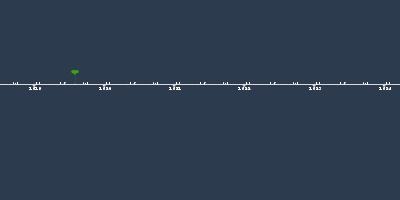mar 22, 1765 - 1765-1767: Stamp Act & Townshend Acts
Description:
March 22, 1765: Like the Sugar Act (1764), the Stamp Act was imposed to provide increased revenues to meet the costs of defending the enlarged British Empire. It was the first British parliamentary attempt to raise revenue through direct taxation on a wide variety of colonial transactions. Enraged colonists nullified the Stamp Act through outright refusal to use the stamps as well as by riots, stamp burning, and intimidation of colonial stamp distributors.June 15–July 2, 1767: A series of four acts, the Townshend Acts were passed by the British Parliament in an attempt to assert what it considered to be its historic right to exert authority over the colonies through suspension of a recalcitrant representative assembly and through strict provisions for the collection of revenue duties. The acts were resisted everywhere with verbal agitation and physical violence, deliberate evasion of duties, renewed nonimportation agreements among merchants, and overt acts of hostility toward British enforcement agents, especially in Boston. In response, in October 1768, Parliament dispatched two regiments of the British army to Boston.
Added to timeline:
Date:
mar 22, 1765
Now
~ 260 years ago
